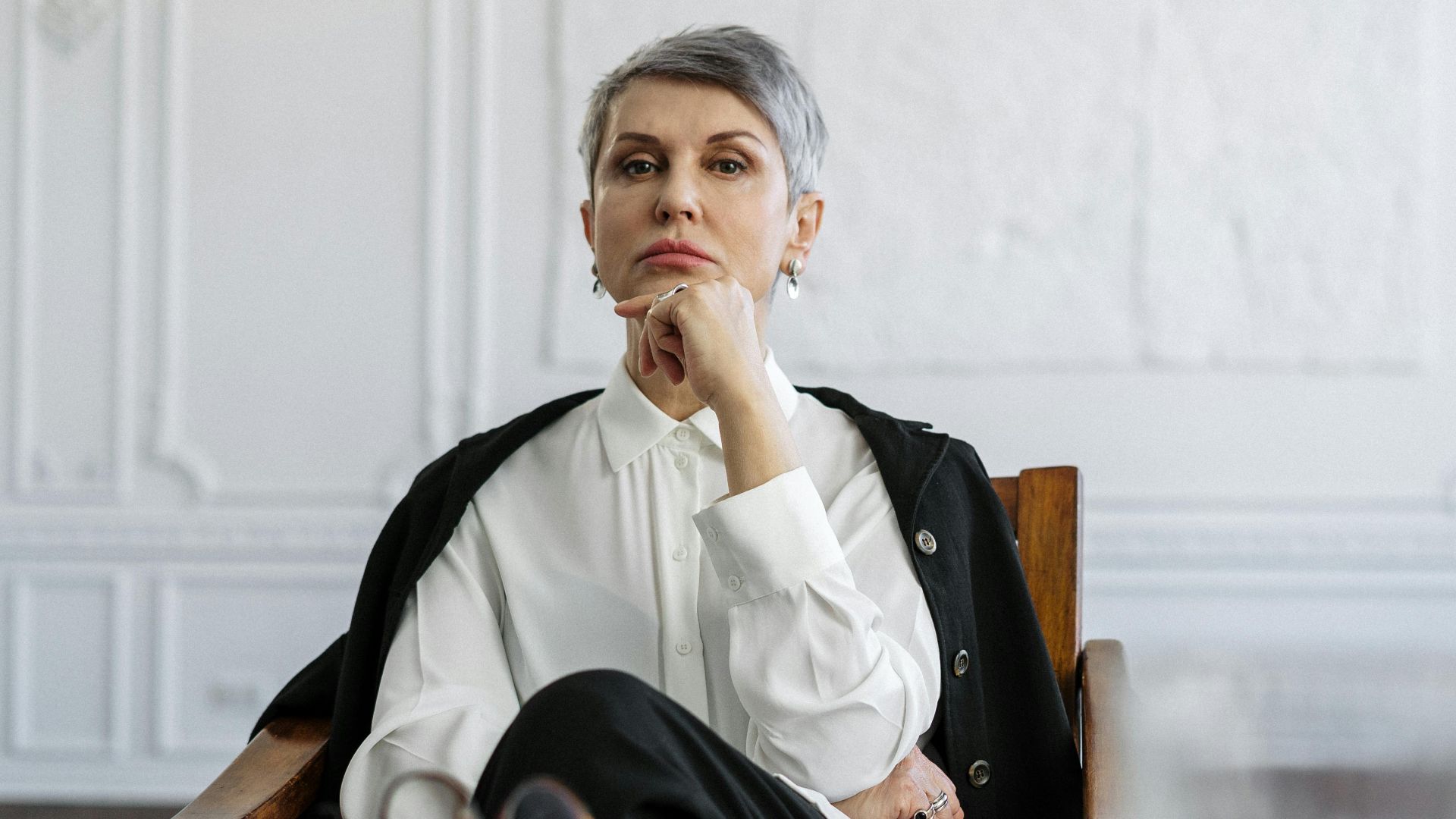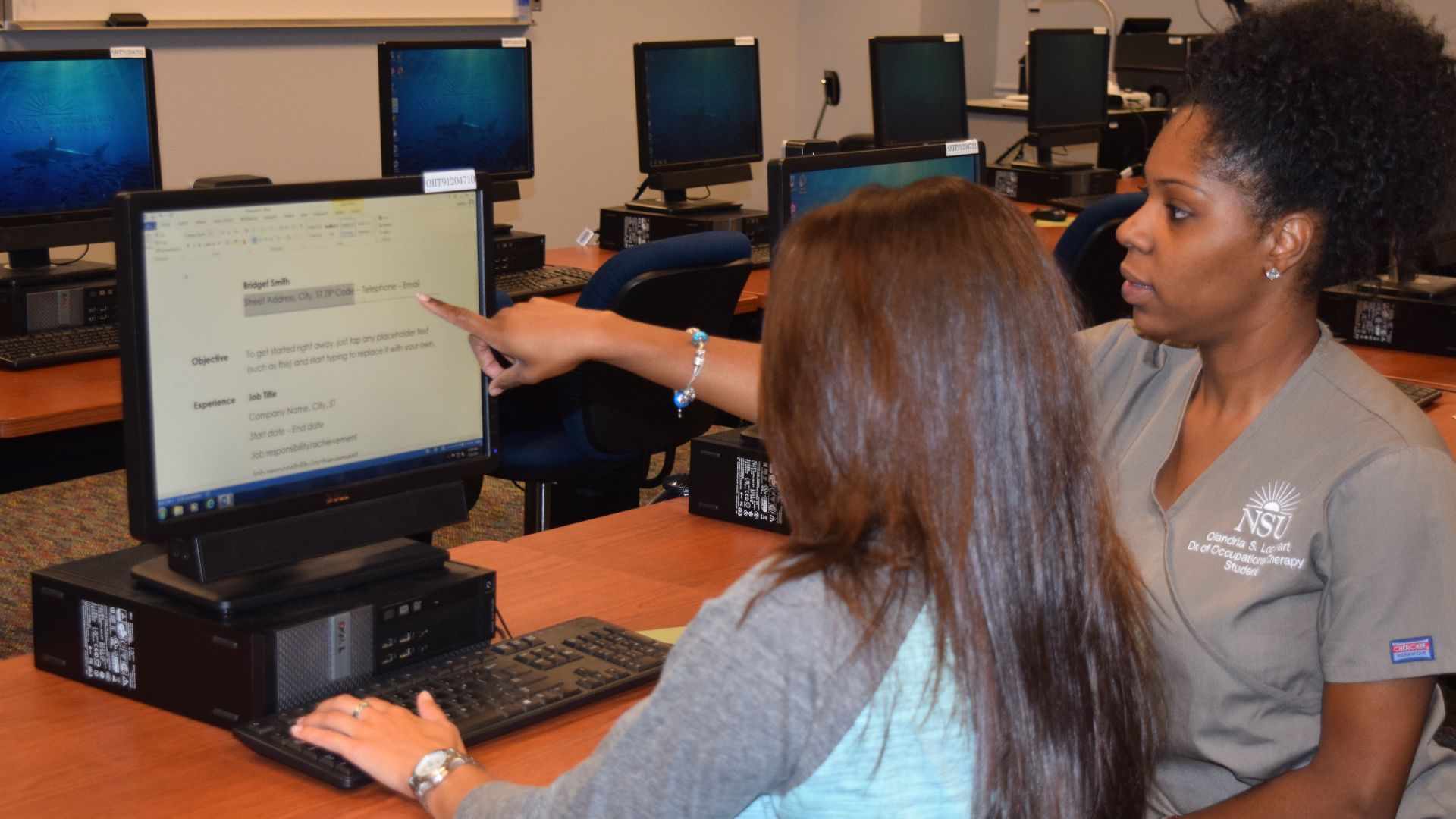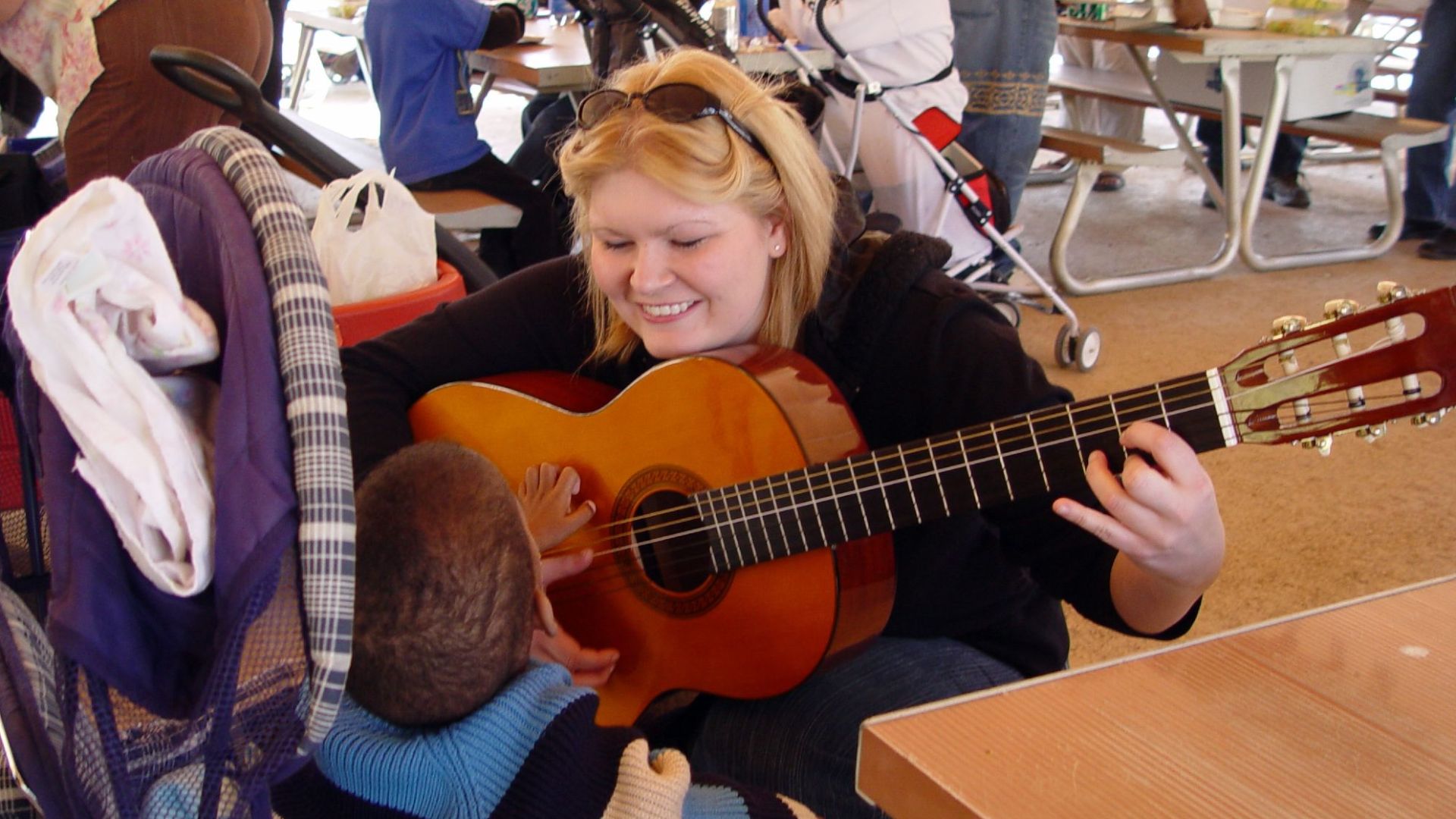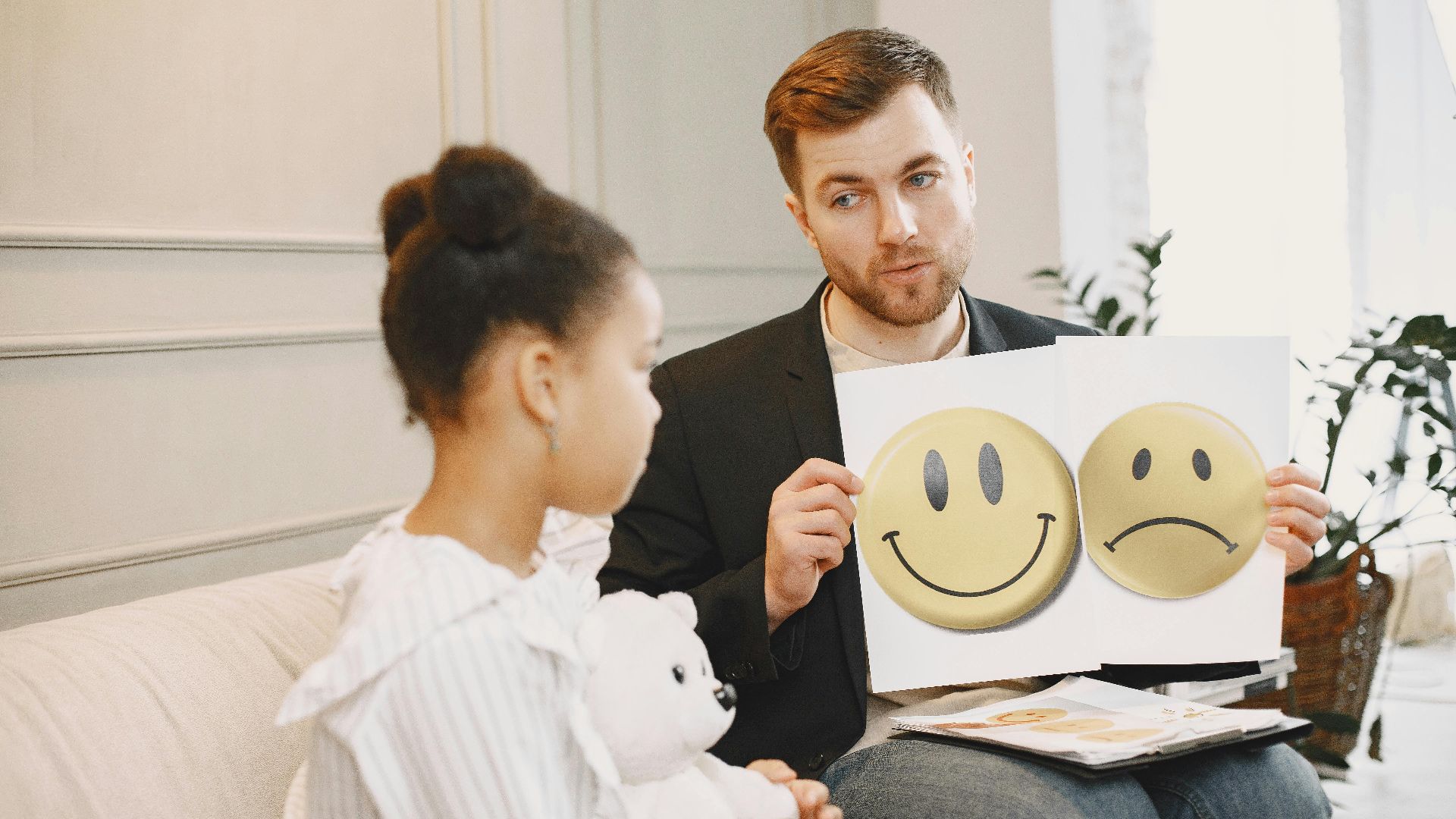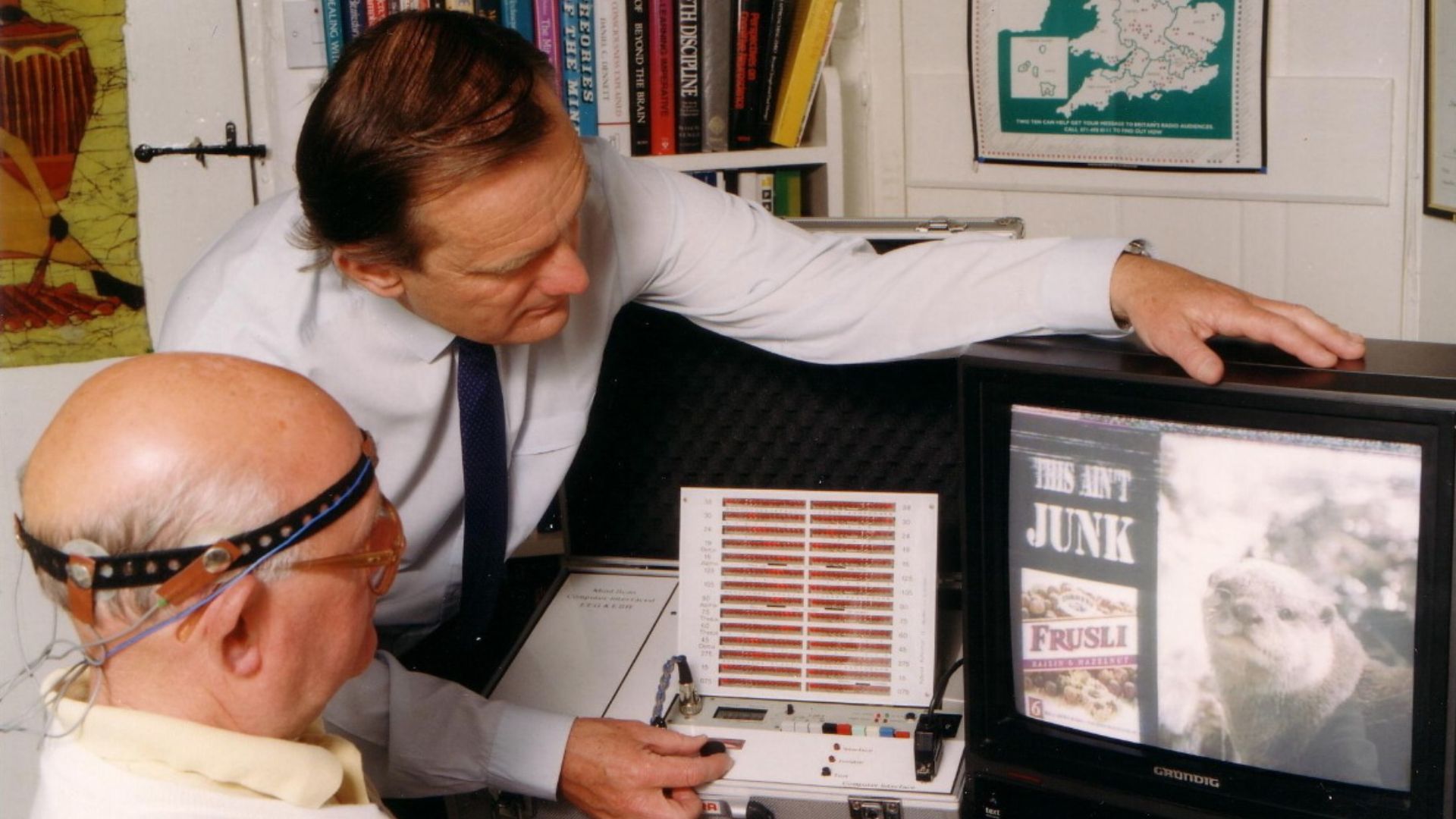Explore Mental Health Careers
The mental health field has grown to offer a wide range of roles supporting emotional and psychological well-being. Some jobs let you work directly with clients, while others support the system behind the scenes. If you're interested, then check out these careers that offer fulfilling work regardless of your education level or what you're doing currently.
1. Psychiatrist
These medical doctors diagnose mental health disorders and prescribe medication. After medical school and a psychiatry residency, many go further by specializing in child or geriatric psychiatry to refine their expertise in complex emotional care.
2. Community Outreach Worker
Despite persistent stigma surrounding mental illness, community outreach workers drive awareness through education and direct connections. They build networks by organizing workshops and support groups, partnering with schools, faith-based groups, and local agencies to promote mental health inclusion.
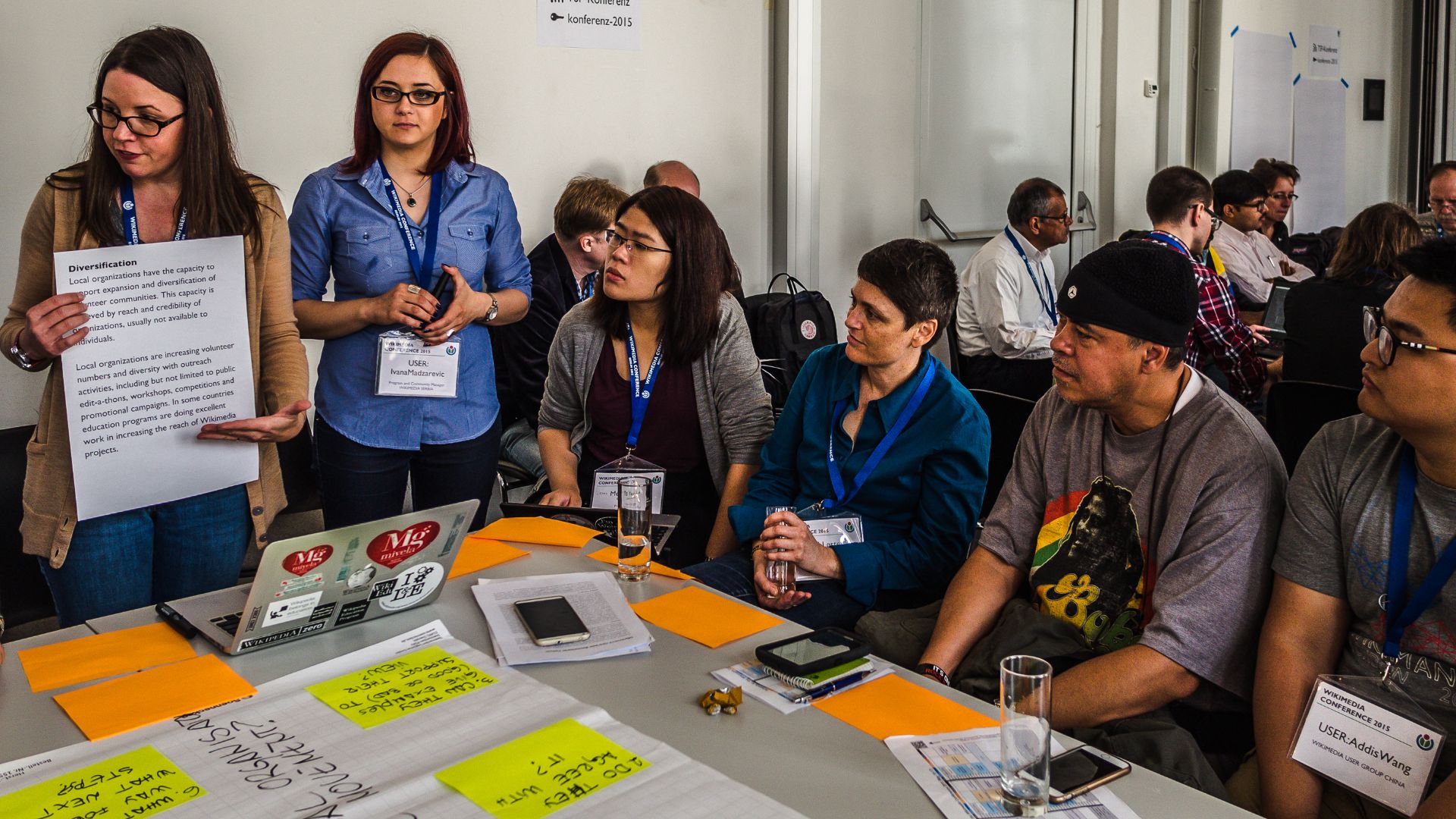 Jason Krüger / WMDE on Wikimedia
Jason Krüger / WMDE on Wikimedia
3. Clinical Psychologist
In the world of talk therapy, clinical psychologists take center stage. They hold doctoral degrees and help people manage anxiety or mood disorders. Their sessions may use cognitive-behavioral or psychodynamic techniques to turn emotional struggles into structured steps toward recovery and long-term mental clarity.
4. School Counselor
Supporting students goes beyond academics. School counselors help young minds through personal and social challenges and stress management. Collaboration with teachers and parents ensures students feel safe and understood, while crisis intervention and referrals help maintain a supportive school environment.
 U.S. Navy photo by Mass Communication Specialist Seaman Apprentice John K. Hamilton on Wikimedia
U.S. Navy photo by Mass Communication Specialist Seaman Apprentice John K. Hamilton on Wikimedia
5. Marriage And Family Therapist (MFT)
Every family hits rough patches, and marriage and family therapists help turn those moments into growth. Using systemic therapy, they look at how people communicate and connect. With deep insight into relationships, an MFT helps families replace tension with teamwork and build lasting support at home.
 Antoni Shkraba Studio on Pexels
Antoni Shkraba Studio on Pexels
6. Psychiatric Social Worker
For those drawn to both therapy and advocacy, psychiatric social work offers balance. These professionals support patients while connecting them to vital community services. Equipped with an MSW (Master of Social Work), they address emotional and practical challenges, often coordinating care among doctors and social agencies.
 Antoni Shkraba Studio on Pexels
Antoni Shkraba Studio on Pexels
7. Psychiatric Mental Health Nurse Practitioner (PMHNP)
In many treatment centers, PMHNPs serve as the steady link between medical care and emotional health. They evaluate symptoms, offer counseling, and prescribe medication—similar to psychiatrists, but with a nursing foundation that emphasizes holistic, patient-centered care.
8. Mental Health Technician
Inside psychiatric units and group facilities, mental health technicians keep routines structured and environments calm. It’s a hands-on job ideal for those who thrive on teamwork and empathy. They assist in therapy sessions and engage individuals in meaningful daily activities.
9. Certified Nursing Assistant (CNA)
Few roles are as personal as that of a CNA in mental health care. These professionals help patients with everyday needs and observe emotional changes closely. Their support keeps recovery spaces safe and comfortable, especially within psychiatric hospitals and long-term residential programs.
 Truckee Meadows Community College on Wikimedia
Truckee Meadows Community College on Wikimedia
10. Behavioral Health Specialist
Rather than focusing solely on symptoms, behavioral health specialists look at the patterns behind them. Working across clinics and community programs, they aim to help clients regain control over behavior and mindset alike. They create treatment plans that blend crisis management and education.
11. Substance Abuse Counselor
Recovery often starts with a conversation, and substance abuse counselors know how to make that first step count. They design individualized recovery programs and track progress. Some draw from personal experience with addiction to turn empathy into a source of lasting motivation for clients.
12. Case Manager
Case managers coordinate care for clients with complex mental health needs. From developing personalized service plans to connecting individuals with community resources, their role bridges gaps in care. Advocacy and navigation skills make them essential allies in ensuring clients access the support they require.
13. Peer Support Specialist
Recovery can benefit from shared experience. Peer support specialists use their own journey with mental health challenges to inspire hope. Facilitating support groups and setting recovery goals helps others feel understood and motivated while building confidence in their path to wellness.
14. Crisis Intervention Specialist
When emotions run high and safety hangs in the balance, crisis intervention specialists respond first. They listen and act quickly to prevent harm. Their work across hospitals and on-call teams helps people find stability before situations spiral out of control.
15. Occupational Therapist
Occupational therapists design practical solutions to enhance daily living. Through structured activities, clients regain independence and develop workplace skills. Collaboration with social workers and psychologists ensures each therapy plan addresses functional needs and emotional well-being to make recovery both meaningful and sustainable.
16. Recreational Therapist
Who knew that shooting hoops or joining a dance class could be medicine? Recreational therapists turn leisure activities into structured healing tools to create programs that build social skills and reduce stress. Their evidence-based approaches improve lives across hospitals and rehabilitation centers.
17. Art Therapist
Graduate programs and national certification prepare art therapists to merge science with creativity, grounding their work in proven therapeutic methods. Through color, form, and texture, they guide clients toward self-discovery and a renewed sense of control over their inner worlds.
18. Music Therapist
Music therapists turn sound into healing. With degrees in music therapy and MT-BC certification, they use clinical training to design sessions that improve emotional and cognitive health. Their work reaches patients in psychiatric units and rehabilitation programs where music restores connection.
19. Psychometrist
By conducting standardized assessments with exacting care, psychometrists measure attention, memory, and reasoning to map how the mind works. Collaborating closely with psychologists, they ensure that each data point contributes to more accurate diagnoses and stronger clinical decisions.
20. Research Psychologist
Breakthroughs in mental health treatment stem from the work of research psychologists. With doctoral degrees, they design and conduct studies in developmental and cognitive fields. From universities to government labs, they systematically expand understanding of human behavior and mental processes.
KEEP ON READING



